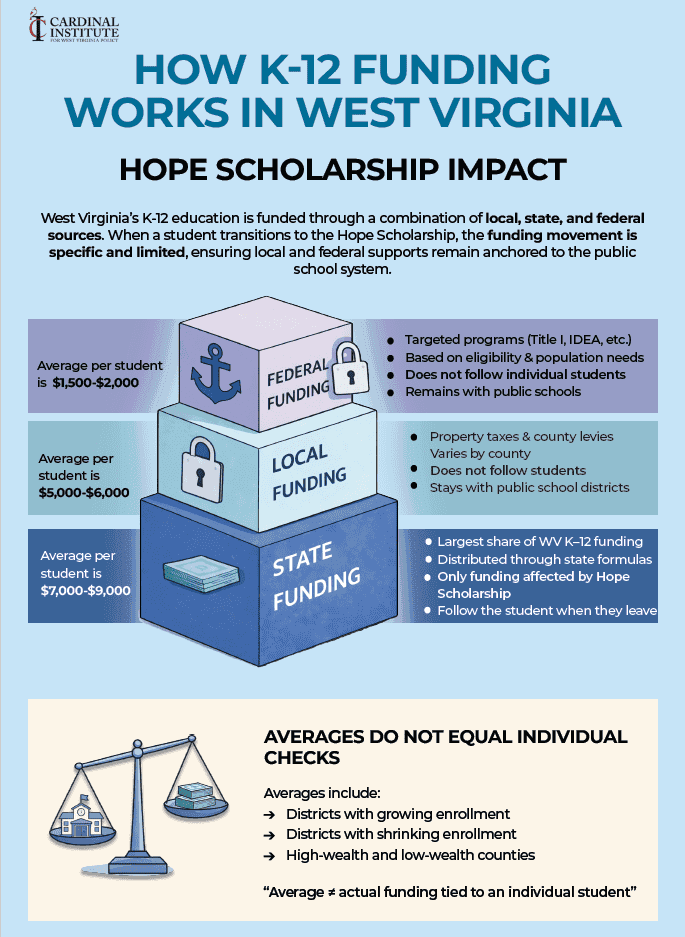
What are Collateral Consequences?
What are Collateral Consequences of Criminal Conviction?
If you’re a typical American, you probably don’t use terms like “collateral” in your everyday life—I know I sure don’t. If you do run across the term, it’s most likely in one of two situations: collateral on a loan or collateral damage (like when you hear on the nightly news about civilians dying in foreign wars). Neither instance of the word is especially pleasant. Let me take a moment to add another variation of this word to your growing vocabulary: collateral consequences. What are those?
Well, let me tell you. They are about as ominous as they sound. According to the National Inventory of Collateral Consequences of Conviction, “Collateral consequences are legal and regulatory restrictions that limit or prohibit people convicted of crimes from accessing employment, business and occupational licensing, housing, voting, education, and other rights, benefits, and opportunities.” So, similar to other uses of the word collateral, these consequences are in addition to the direct consequences of criminal activity. They are extra negative effects added on top of a sentence as a result of other laws and regulations.
These consequences can range from inconveniences to effects as drastic as losing your constitutionally protected rights to self-defense, voting, and work. Sometimes these consequences make sense: if you’re a violent rapist, we really don’t want you roaming about, having access to deadly weapons, and participating in work activities that might give you access to vulnerable populations. But sometimes these collateral consequences prevent people who made a mistake in life, or suffer from poverty and addiction, from finding redemption and pursuing activities that would allow them to meaningfully contribute to their communities.
How Many Are there in West Virginia?
According to the National Inventory of Collateral Consequences of Conviction, West Virginia has 808 collateral consequences at the state level. This does not include federal collateral consequences. Here are three examples of collateral consequences in West Virginia that are affecting individuals with criminal records. I present these particular consequences to you without judgment on whether or not they are good or bad. I’ll let you decide if these particular consequences seem just. I simply pulled them out because I found them to be interesting.
Some Examples of Collateral Consequences in West Virginia
Deny Suspend Revoke Forestry/Foresters Technician License
One of the most common collateral consequences of conviction is restrictions in occupational licensing. Here is one example in West Virginia. W. Va. CSR § 200-3-4 allows the Board of Regulation of Foresters to “deny an application for license, place a licensee on probation, limit or restrict a license, suspend a license or revoke any license issued by the Board, upon satisfactory proof that a licensee has been convicted of a felony. . .”
Void a Marriage
Did you know that a felony conviction can void a marriage in West Virginia? This is another fascinating example of collateral consequences that you may never have considered before. W. Va. Code § 48-3-103 states “(3) Marriages solemnized when either of the parties: Had been, prior to the marriage and without the knowledge of the other party, convicted of a crime punishable by imprisonment in excess of one year under the applicable law of this state, another state or the United States;” can be voided by a judgment order of nullity. So, make sure you aren’t hiding any secrets of your past from your partner.
Ineligible for Constitutional Fair Housing Protection
Lastly, I’ll give an example of a collateral consequence that feels especially pertinent in a state hit hard by the opioid crisis. W. Va. Code § 5-11A-8 states “(4) Nothing in this article prohibits conduct against a person because such person has been convicted by any court of competent jurisdiction of the illegal manufacture or distribution of a controlled substance as defined in Section 102 of the Controlled Substances Act, Title 21, United States Code, Section 802.”
Just or Unjust: You Decide
These are some collateral consequences of criminal conviction that you may not have known about. Some of them might make sense. Some of them might not. Whether they do or not is probably also related to what you consider to be the goals of criminal justice, the role of the state, and appropriate consequences for illegal activity. Stay tuned as we continue to explore this topic on the Cardinal’s Nest Blog.
Amanda Kieffer is the Communications Director for the Cardinal Institute for WV Policy.
Learn more about collateral consequences:
Read our latest research on this topic: Breaking Barriers.
More articles on this topic by Amanda.
If you have ideas about what makes for just consequences of criminal activity, share your thoughts at [email protected].







